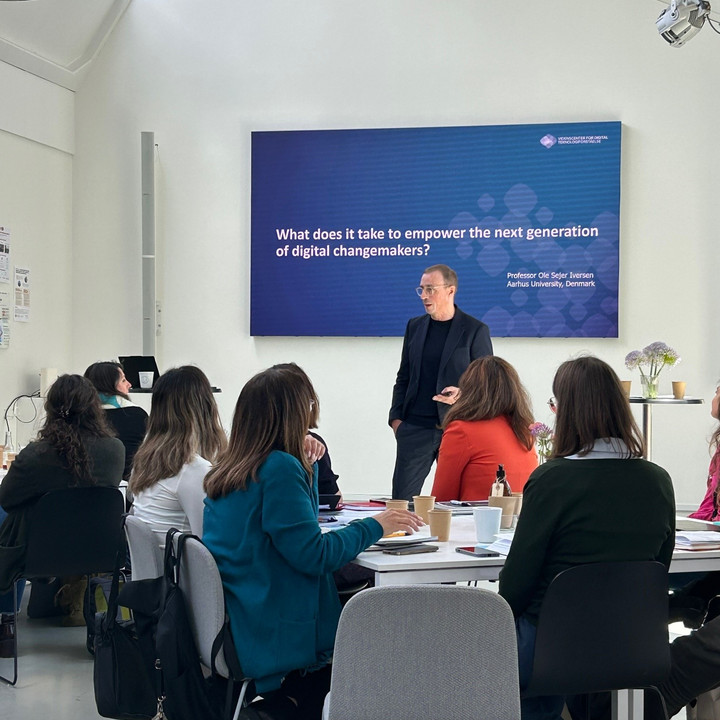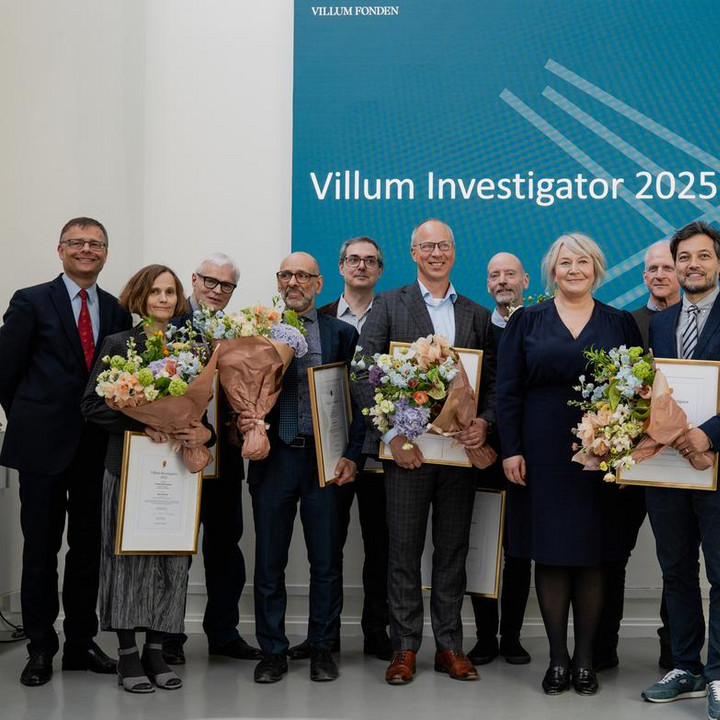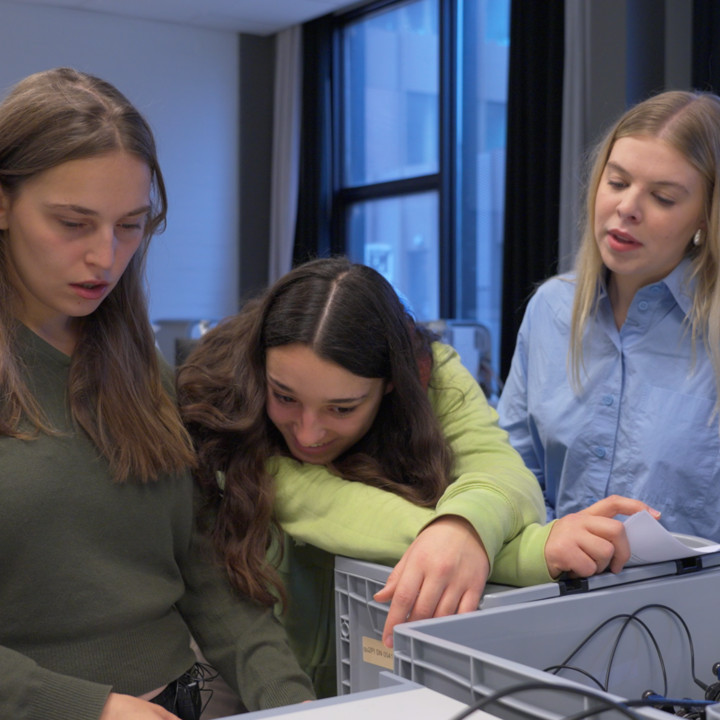Eske Willerslev receives the Villum Kann Rasmussen Annual Award 2025

Professor Eske Willerslev is being awarded the award for the pivotal role he has played in establishing environmental DNA as a field of research.
"Eske Willerslev’s research has been the starting point for the development of an entirely new research field, which contains answers to some of the major challenges society faces. It is this contribution to science that we wish to honor," says Thomas Bjørnholm, Chief Scientific Officer at Villum Foundation.
The Villum Kann Rasmussen Annual Award is one of Denmark's largest research awards. The prize recognizes an exceptionally valuable contribution within engineering and natural sciences, and it comes with DKK 5 million.
"The Villum Kann Rasmussen Annual Award is one of the highest honors one can achieve in Denmark. I am extremely proud and deeply honored to receive this prestigious award, and I would like to thank all my collaborators—research is not a one-person effort," says Eske Willerslev.
The Past Holds the Key to Future Challenges
Thanks to Eske Willerslev’s groundbreaking research, we can now, through a single water or soil sample, gain insights into entire ecosystems. This allows us to test new hypotheses about how life on Earth is interconnected and evolves. With this method, we can identify endangered species with greater accuracy and far fewer resources than ever before. We can also observe how ecosystems have historically adapted to climate change. All this knowledge is crucial for developing new solutions in the areas of climate, biodiversity, and food security.
“One of the things that makes Eske Willerslev’s approach unique is his ability to combine biological, anthropological, and geological methods. This positions him as a leading researcher at the intersection of genetics, archaeology, and climate and environmental research. His work provides us with an entirely new understanding of the past, which can be used to address some of the major societal challenges we face now and in the future,” says Thomas Bjørnholm.




